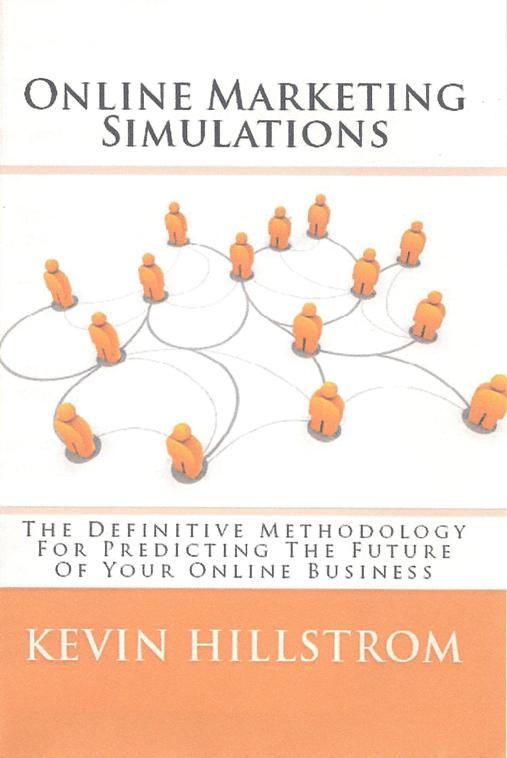Where's The Talent?
I participated in a vendor-sponsored survey today, answering questions about the relevance of a product the vendor wanted to sell to businesses.
Toward the end of the survey, the person asking questions queried me regarding what the first thing is that I would purchase if I had an additional $100,000.
I told her, "A Highly Talented Analyst". Her response to my proclamation was "That's what every respondent says."
Somewhere between the strategy our leaders ask us to implement, and all the tactics we employ to drive sales and profit, we have a gaping pothole on the multichannel marketing turnpike that needs to be filled with an immediate infusion of talent.
We give Google responsibility for driving fifteen percent of our online business. In the process, we give all the intelligence of knowing why our business works to Google. We hire internal staff and vendors to be subject matter experts at manipulating Google.
Half of UK businesses fail to adequately measure the performance of their e-mail campaigns.
Maybe it's ok that we don't measure the ROI of e-mail campaigns, given that the performance of e-mail continues to free fall. As mentioned yesterday, we celebrate a medium where we sell something to one customer in five hundred. My father sold vacuum cleaners door-to-door in the 1960s. Do you think he would have celebrated one sale in five hundred visits?
In the past ten years, I observed at least three trends that resulted in a dearth of talent.
- Demographics: There are far fewer thirty to forty year old employees than there were ten years ago, as Gen-X moves into their prime earning years.
- Algorithms: We learned how to manage computers, or we learned how to manage businesses that managed technology. We spent less time understanding why our businesses worked. We spent more time managing the technology that made our businesses work. Now, we're a slave to technology. We need to be slaves to understanding why customers purchase from our businesses.
- Strategy vs. Tactics: The time we spend on tactics, especially those tactics that allow us to manage algorithms, takes away from the time we need to spend developing strategies. Take an honest look at the company you work for. Can you identify the three strategies your company is working on in 2007 --- and do you know which tactics you can use to make your strategy happen?
We need to spend time developing humans (not algorithms), teaching the skills humans need to be effective in a world dominated by real-time algorithms.
Where you can, spend more money developing your employees, and spend less money outsourcing your key functions to vendors. Obviously, there is a balance to be achieved in outsourcing key functions. Where possible, invest in your own people.
Use today to develop tomorrow's leaders.
Labels: e-mail, google, Leadership, strategy, tactics, talent


